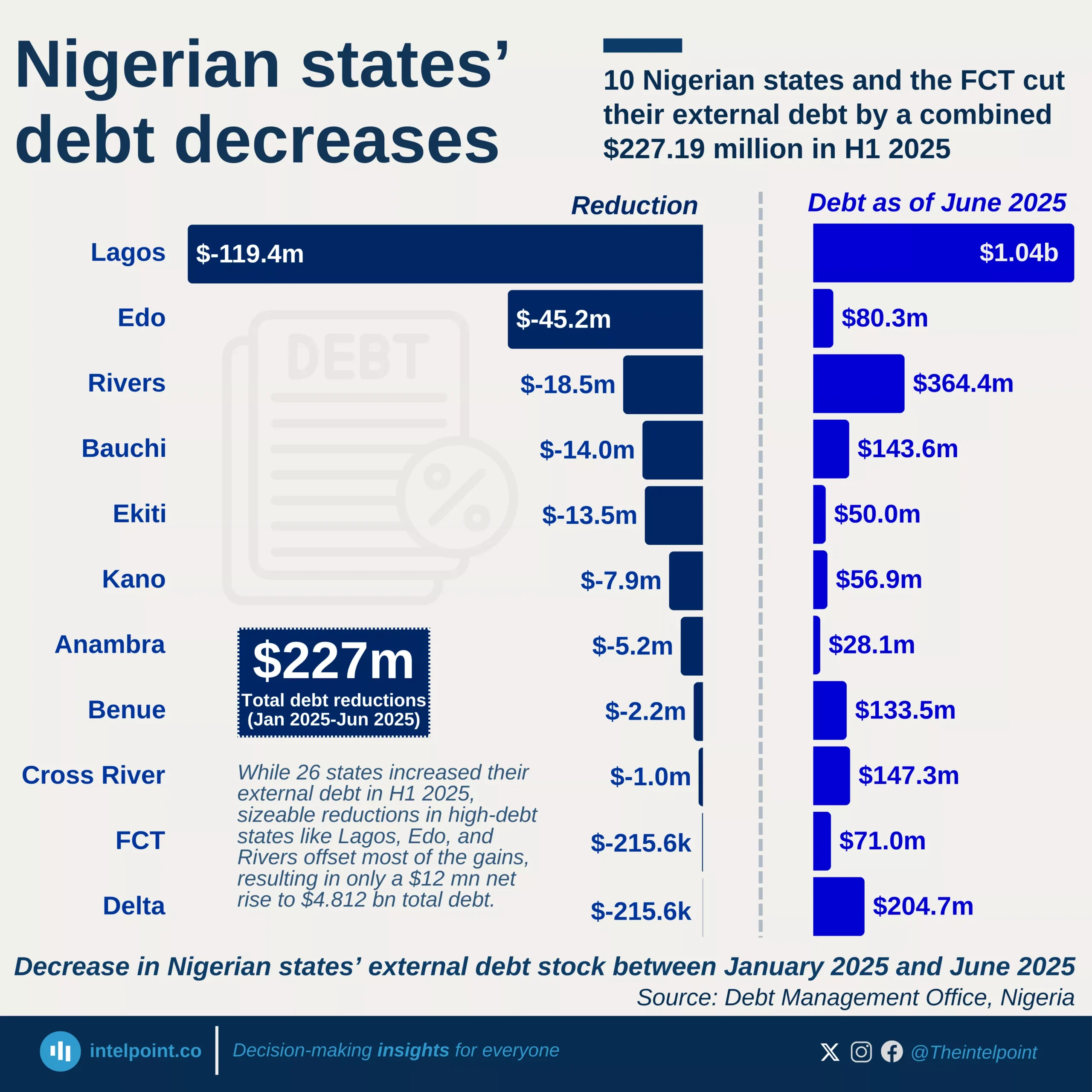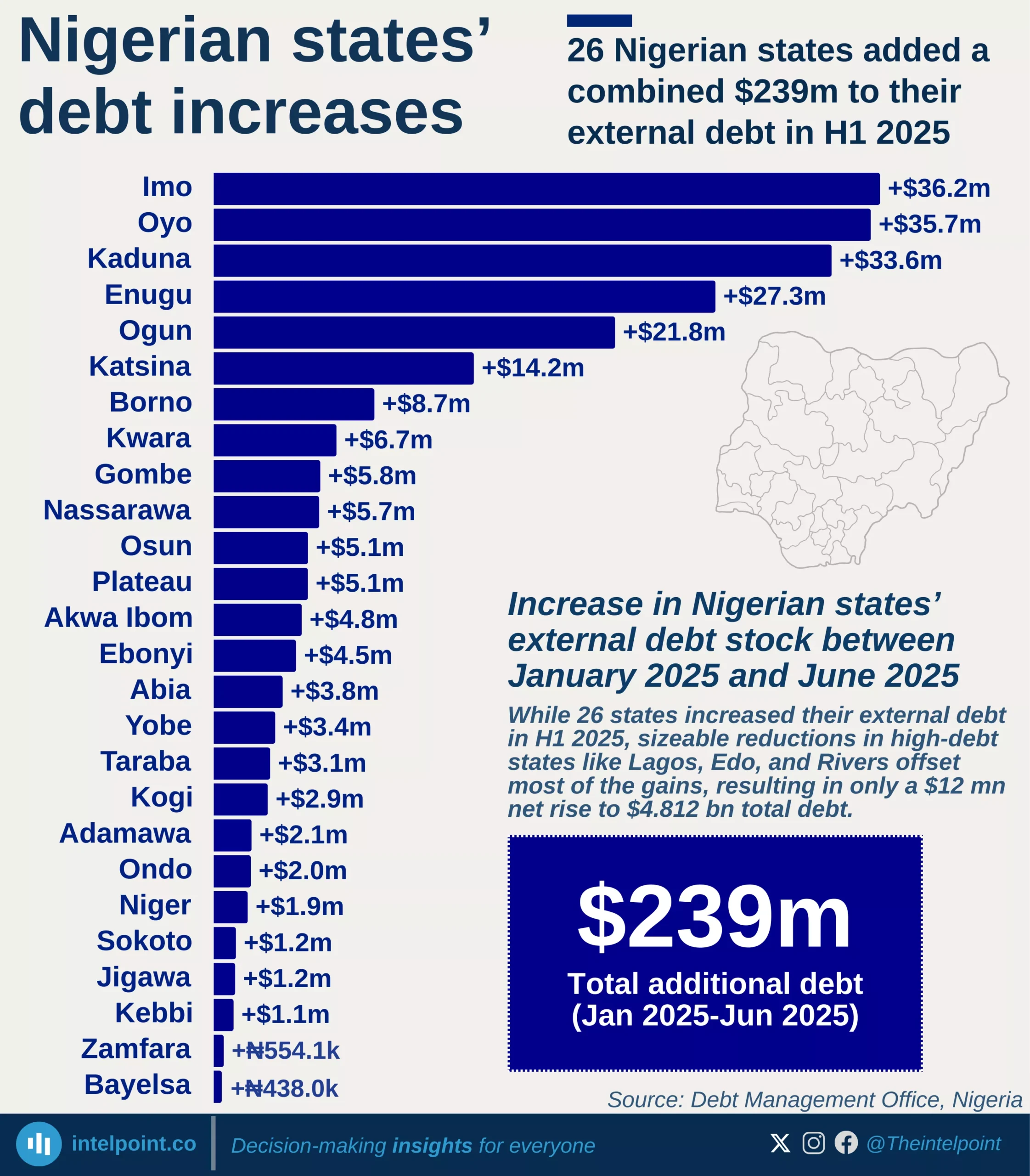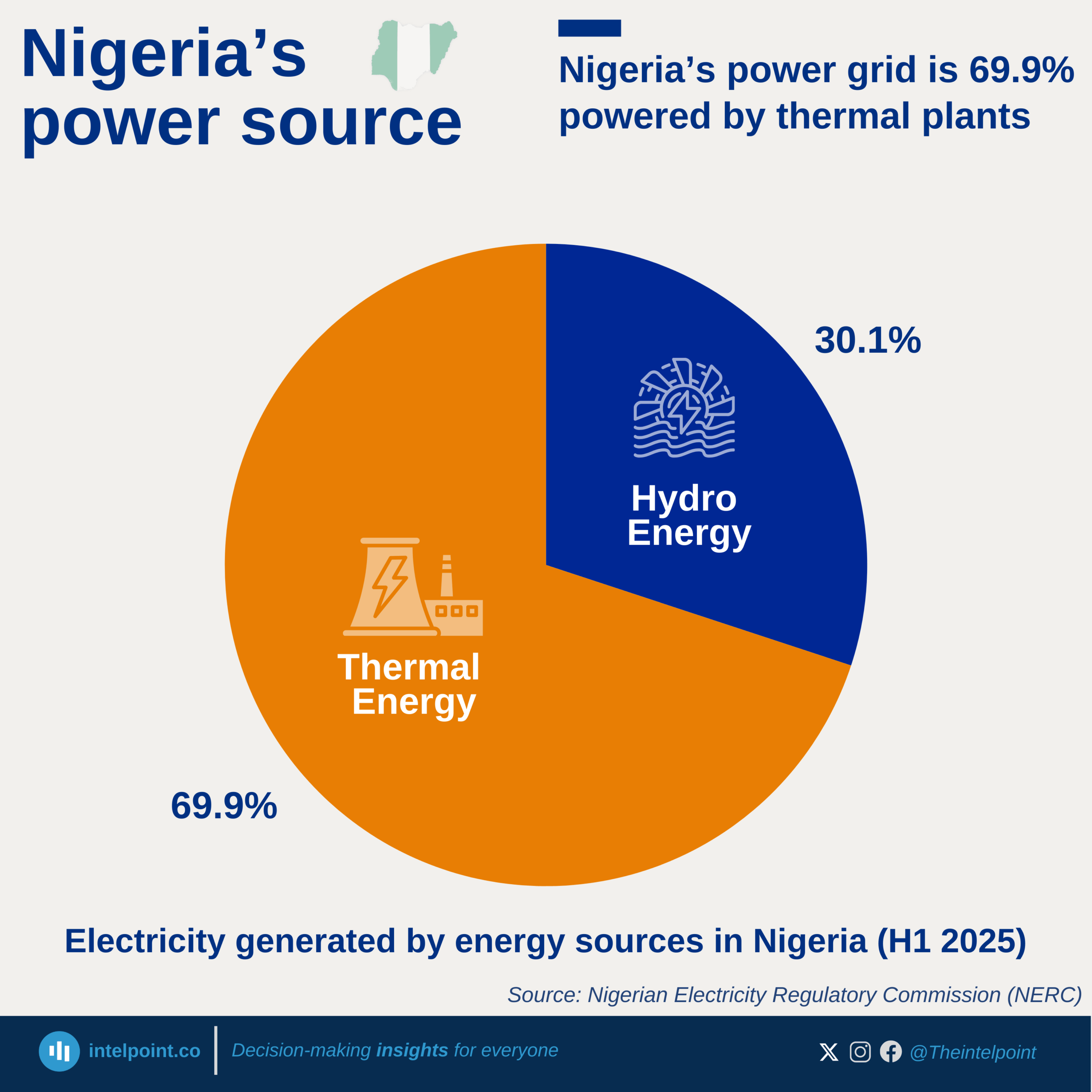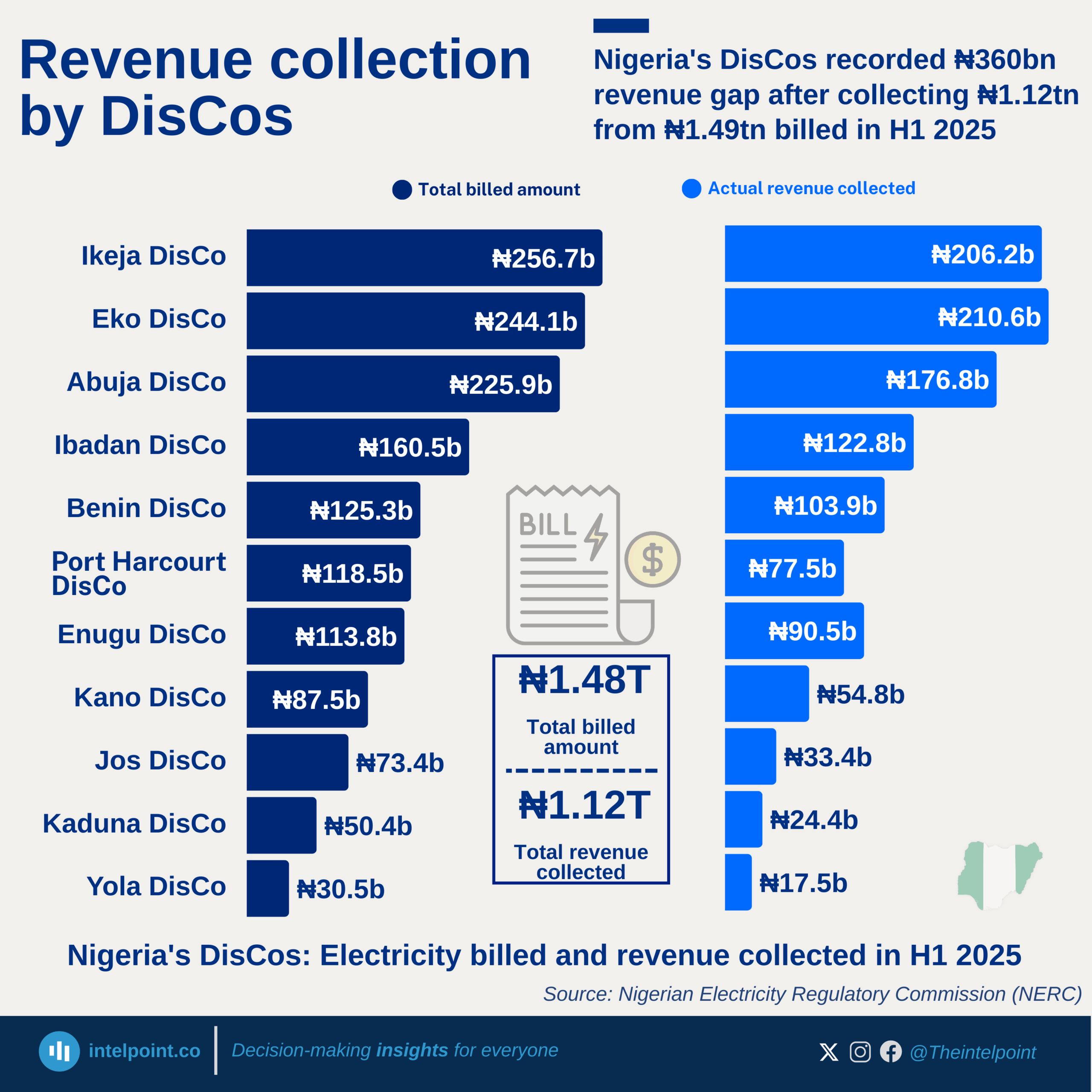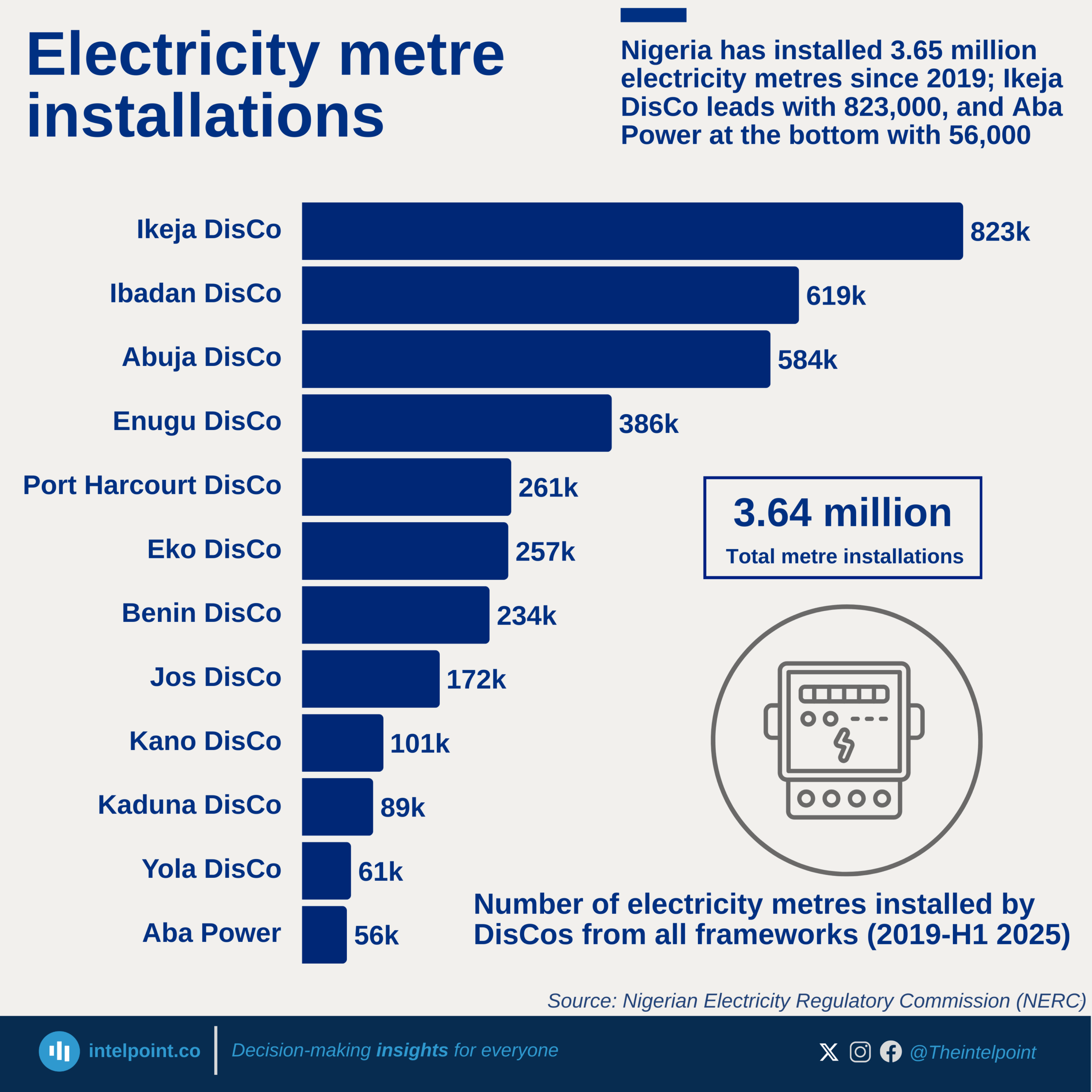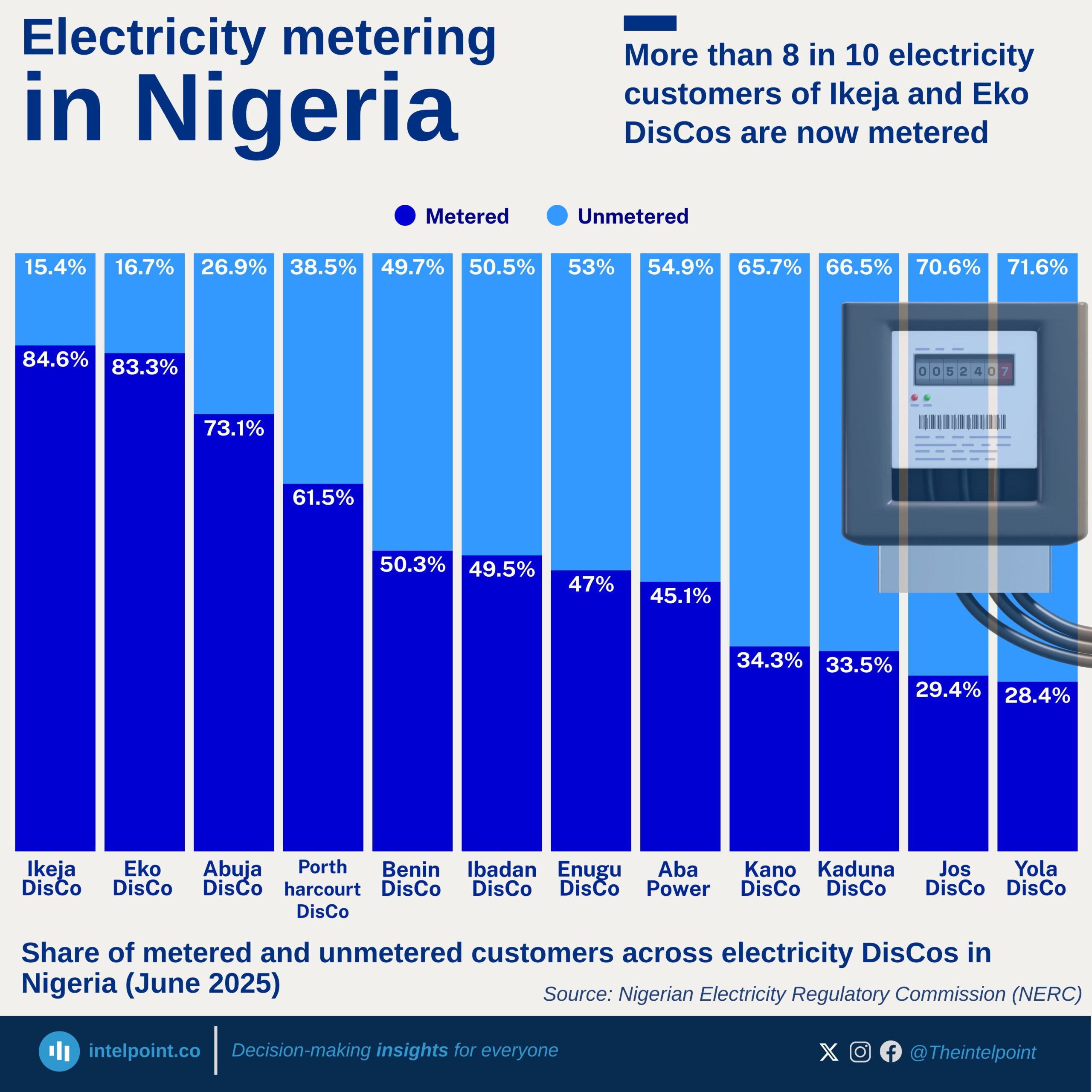Between April and June 2025, Nigeria spent around ₦1.7 trillion repaying domestic debts, underscoring its reliance on internal borrowing to fund fiscal operations. FGN Bonds remained the government’s primary financing tool, taking up nearly two-thirds of total debt servicing, followed by Treasury Bills, which cover short-term funding needs.
Meanwhile, niche instruments like Sukuk, Promissory Notes, FGN Savings Bonds, and Green Bonds accounted for less than 6% combined, a reminder that while Nigeria has diversified its borrowing instruments, the debt burden still leans heavily on conventional bonds and bills. The pattern mirrors a government strategy balancing liquidity needs with long-term financing, but it also highlights persistent fiscal strain driven by high domestic interest obligations.
